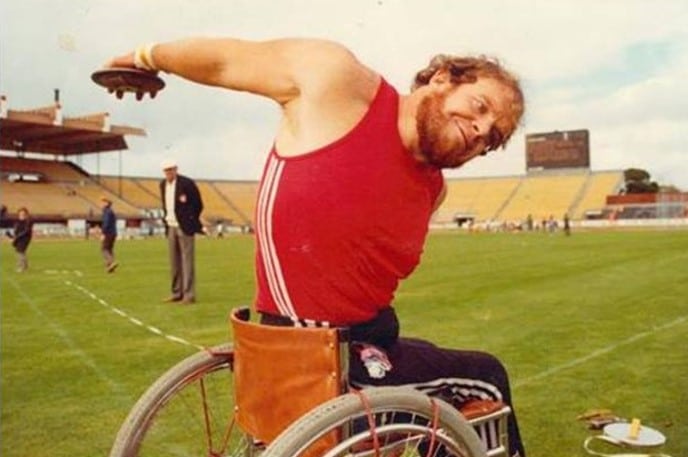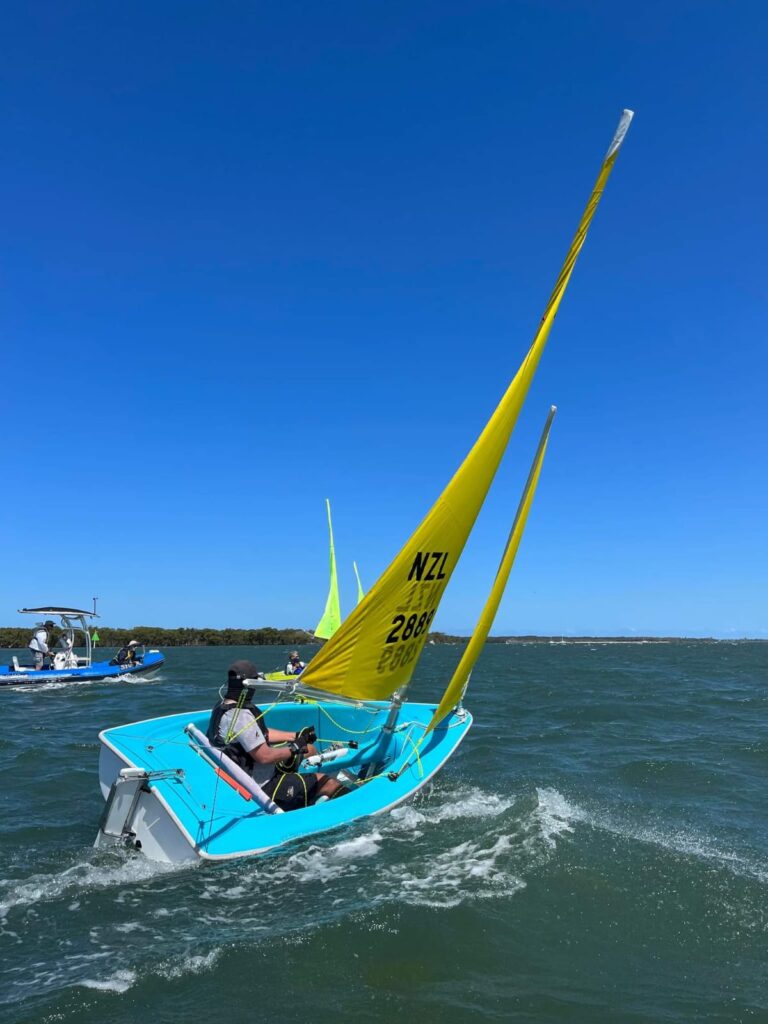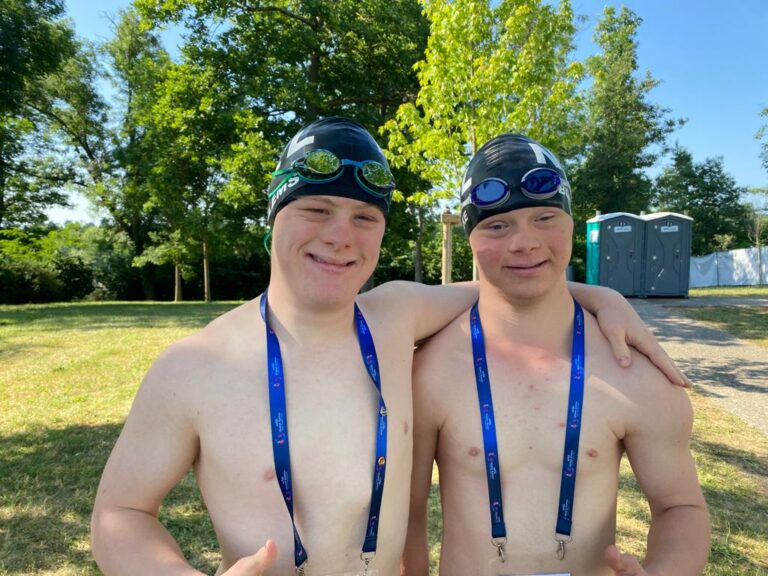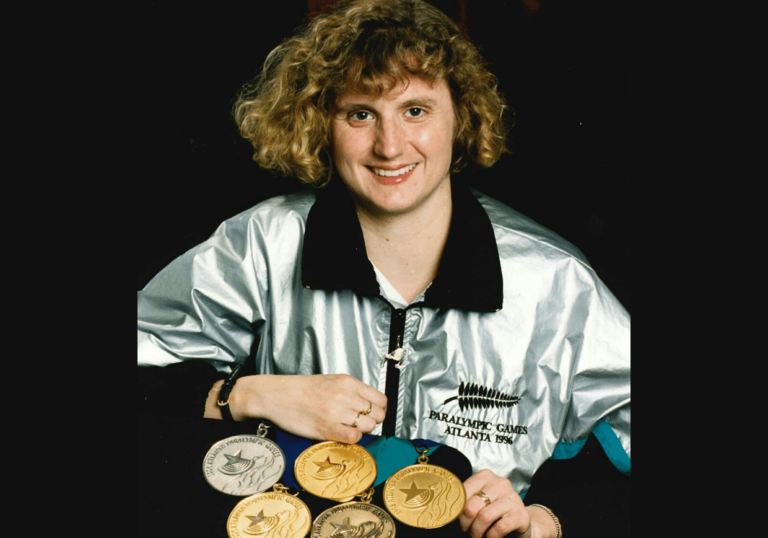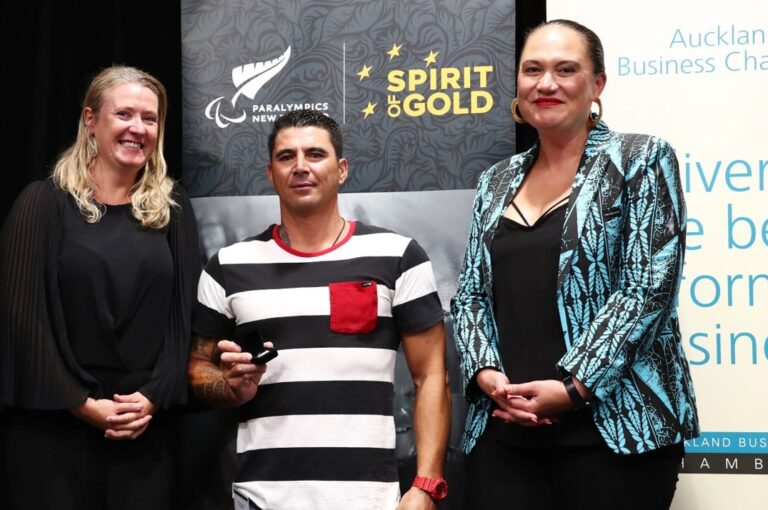
Para swimming
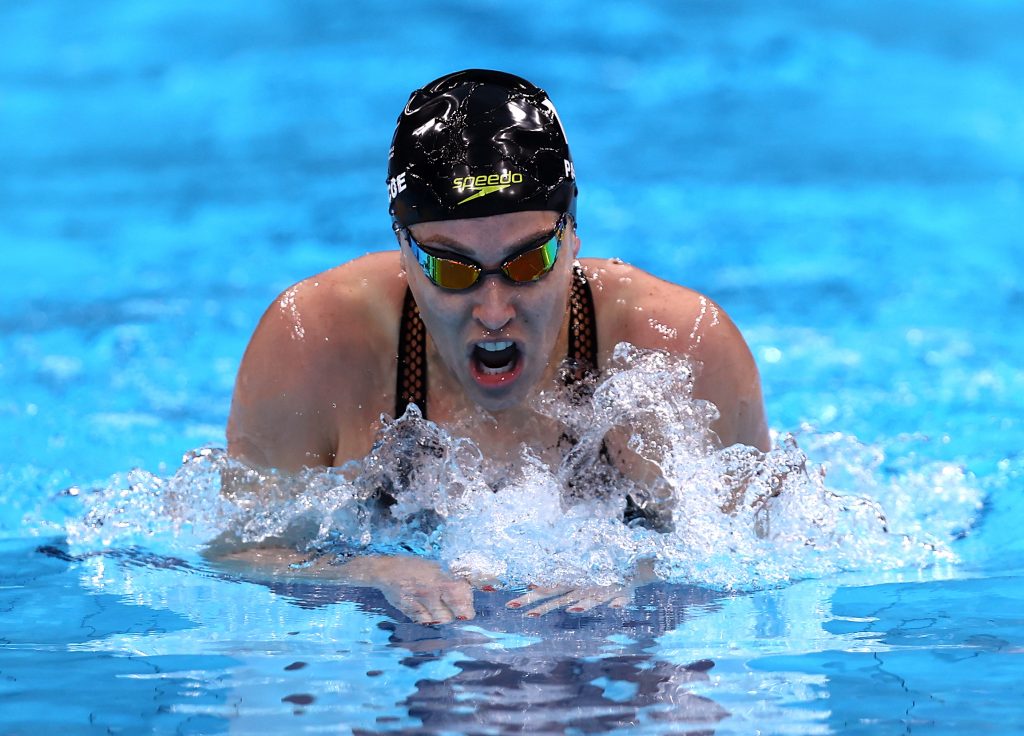
What is Para swimming?
Para swimming is swimming for people with impairments resulting from a health condition (disability). Para athletes can have a physical, visual or intellectual impairment and compete in a variety of classification classes, depending on their functional ability to perform each stroke. Para swimming competitions include freestyle, backstroke, butterfly, breaststroke and medley events.
Para swimming in New Zealand
Para swimming is one of the most competed Para sports in New Zealand. 42 Paralympians represented New Zealand in Para swimming from the beginning of the Paralympic Games up to the present day. This makes it New Zealand’s second most popular Para sport at the Paralympics (after Para athletics). Meet some of New Zealand’s Para swimmers.
The New Zealand Para Swimming Programme is run by Swimming New Zealand.
Who is eligible for para Swimming?
Para swimming caters for three impairment groups – physical, visual and intellectual.
In Para swimming, the sport class names in swimming consist of a prefix S, SM or SB and a number. The prefixes stand for the event and the number indicates the sport class the athlete competes in during the respective event.
The prefixes stand for: S: Freestyle, Butterfly and Backstroke events; SM: Individual Medley; SB: Breaststroke.
What disciplines are there in Para swimming
The Para swimming events cover the four different strokes, the medley and relays, with a range of functional classes for each event:
- Freestyle – 50m, 100m, 200m, 400m
- Backstroke – 50m, 100m
- Breaststroke – 50m, 100m
- Butterfly – 50m, 100m
- Medley – 150m, 200m
- Relay – 4x50m, 4x100m (freestyle and medley)
A brief history of Para swimming in New Zealand
- 1960
Swimming was introduced as one of the eight sports held at the first international Paralympic Games in Rome. A maximum of three Para athletes competed in each event and competition was limited to athletes with spinal cord injuries.
- 1980
Para athletes with cerebral palsy compete for the first time at the Arnhem Paralympics in the Netherlands.
- 1988
The Seoul Paralympics Games take place in the same city as the Olympics for the first time since 1960.
- 2008
New Zealand’s Sophie Pascoe, at age 15, competes at the Beijing 2008 Paralympics and comes home with three gold medals, a world record and one silver medal.
- 2012
At the London 2012 Games, Sophie Pascoe wins three golds in the SM10 200m, S10 100m Butterfly and 100m Freestyle, and Mary Fisher wins four medals including gold in the SM11 200m Individual Medley.
- 2016
The Rio 2016 Paralympics hosted around 4,350 athletes from more than 160 countries to compete in 526 medal events in 22 different sports. The New Zealand team won 6 gold, 2 silver and 2 bronze. This success has made Sophie Pascoe the most decorated New Zealand Paralympian ever.
- 2019
Three swimmers with intellectual impairment were part of New Zealand's first delegation to the INAS Global Games (now called Virtus Global Games). This pathway has since gone from strength to strength and 10 swimmers represented NZ in the 2023 Virtus Global Games.
- 2020 (held in 2021)
Three swimmers with intellectual impairment were part of New Zealand's first delegation to the INAS Global Games (now called Virtus Global Games). This pathway has since gone from strength to strength and

